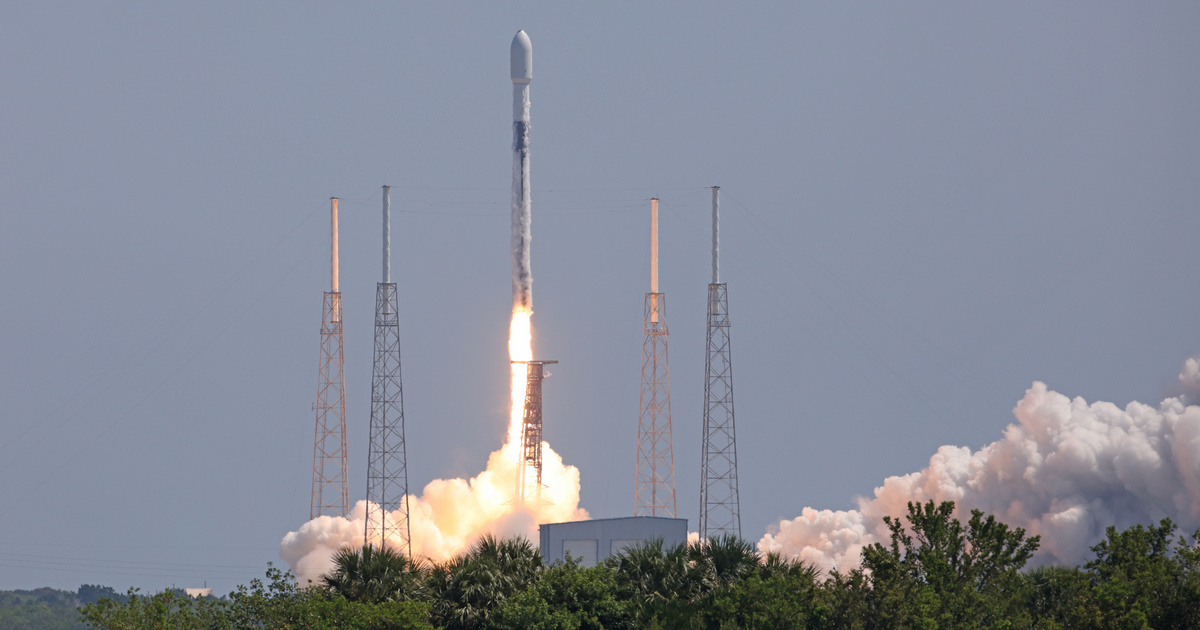From Cape Canaveral, Florida, SpaceX’s Falcon 9 rocket, nearly 70 meters high, will lift the Euclid module into the air, which will be located approximately one and a half million kilometers from Earth, at the L2 Lagrange point. This is a point in the Sun-Earth system where gravitational forces balance each other out, such that objects left there are able to float.
The mission of the Euclid Telescope is to collect information about unknown but hypothesized “dark matter” and “dark energy” in the universe. Dark matter cannot be detected directly with astronomical instruments, and its presence can only be inferred from the effect of gravity on visible matter. Dark energy is the hypothesized form of energy found throughout the universe.
According to astronomers’ assumptions, dark matter and energy make up 95% of the universe, while 5% are the elements known to scientists today.
The budget of the Euclid mission, which will last for several months, is one and a half billion dollars (about 520 billion forints), and the program of the European Space Agency (ESA) also includes the US space agency (NASA).
The European Space Telescope will conduct scientific observations at roughly the same point in the solar system where the US James Webb Space Telescope, which left Earth in December 2021, is also located.
Regarding the Euclid programme, ESA Administrator Josef Ashbacher spoke of his excitement and excitement after Saturday’s successful launch, saying, “We have a mission.”
Nicola Fox, director of NASA’s Science Directorate in Washington, said Euclid not only paves the way for NASA’s upcoming space telescope, the Roman Space Telescope, but also ushers in a new golden age for observational astronomy that can help us understand history and structure. the universe in ways that were not possible before.












































